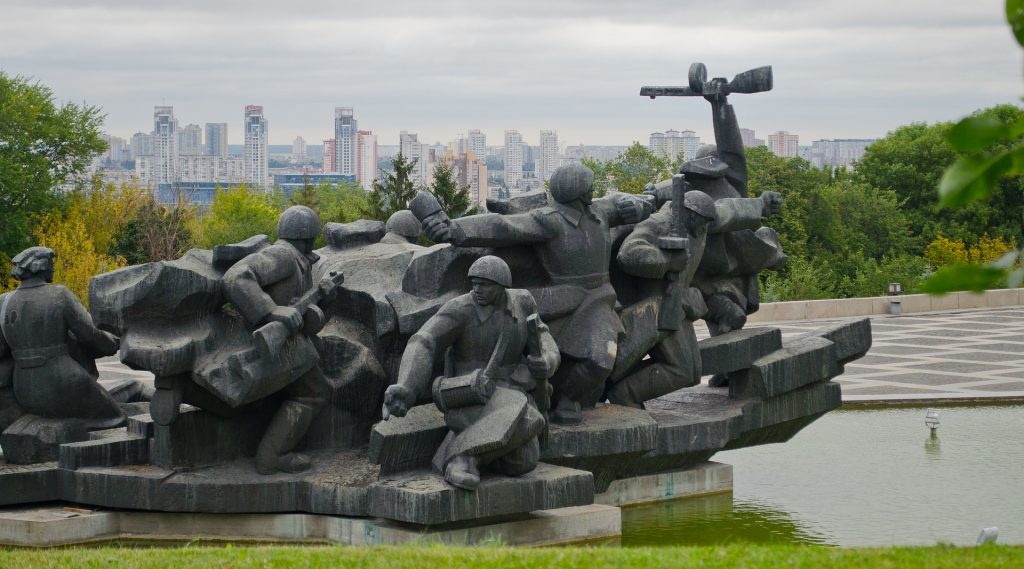25/02/2022

Josep-Maria Arauzo-Carod, Full professor Department of Economics and Chair of the Research Centre on Economics and Sustainability (ECO-SOS)
Russia invades Ukraine and the markets tremble
At times of high political, institutional or military uncertainty, prices become highly volatile (often rising) and the stock markets go into turmoil, as has happened with the conflict between Russia and Ukraine.

At times of high political, institutional or military uncertainty, prices become highly volatile (often rising) and the stock markets go into turmoil, as has happened with the conflict between Russia and Ukraine.
When we talk about the factors that determine the evolution of the prices of goods and services in any economy, it is clear that they are extremely sensitive to the institutional stability prevailing at any given moment. This means that in times of high political, institutional or military uncertainty, prices become highly volatile (often rising) and the stock markets turn sour, as has been the case in recent hours.
We are in one of these moments right now. The invasion of Ukraine by Russian troops has had a whole range of effects on international markets, not only in Europe but all around the world. Thus, as soon as the first news of the entry of Russian troops into Ukrainian territory arrived, the price of gas in Europe soared by almost 40%, close to the record highs at the end of last year, with a knock-on effect on the price of electricity in the wholesale market, which we will all become increasingly aware of from now on. In this regard, it is worth remembering that around 40% of the gas we consume in the EU comes from Russia via the Ukraine gas pipeline, an infrastructure that it is not unreasonable to think could be blocked, sabotaged or simply bombed.
It is true that we are at the end of winter and that all countries have reserves, but they do not last forever and will run out. As far as oil is concerned, the price reached 103 dollars for a barrel of Brent crude just after the invasion (in December it was just over 70 dollars), a figure that has not been seen since 2014, and forecasts point to 125 dollars. Therefore, the rise in gas, electricity and oil prices will quickly reach consumers’ and companies’ wallets, affecting all sectors and pushing up prices across the board.
The effects go beyond energy prices and cover a whole range of sectors, such as cereals (it should not be forgotten that Russia and Ukraine are major producers and exporters of grain and that the former is known as the breadbasket of Europe), the rise in food prices will affect a multitude of basic products such as bread and pasta, which are fundamental to many families’ shopping baskets. For example, in a couple of days the price of wheat
has shot up by about 6%, and forecasts indicate that the rise will be much more significant.
All this has only just begun, because whatever happens in Ukraine, future sanctions against Russia will certainly lead to its exclusion from the international payments system (SWIFT) and, by extension, a trade blockade with the EU, the United States and the main world powers outside China. These measures, therefore, will mean closing off the Russian market to Catalan companies, some of whom who will need to find alternative markets in which to place their products, while others will need to adapt to a lack of Russian visitors for this summer’s tourist season.
In short, the instability caused by a conflict such as this generates perverse effects that go far beyond the two countries directly involved, even though it is these countries that suffer most intensely in terms of human and material losses. On a global scale, the consequences in the form of supply chain bottlenecks, price rises and investment restrictions have only just begun and their end is uncertain. Europe has some difficult times ahead.
